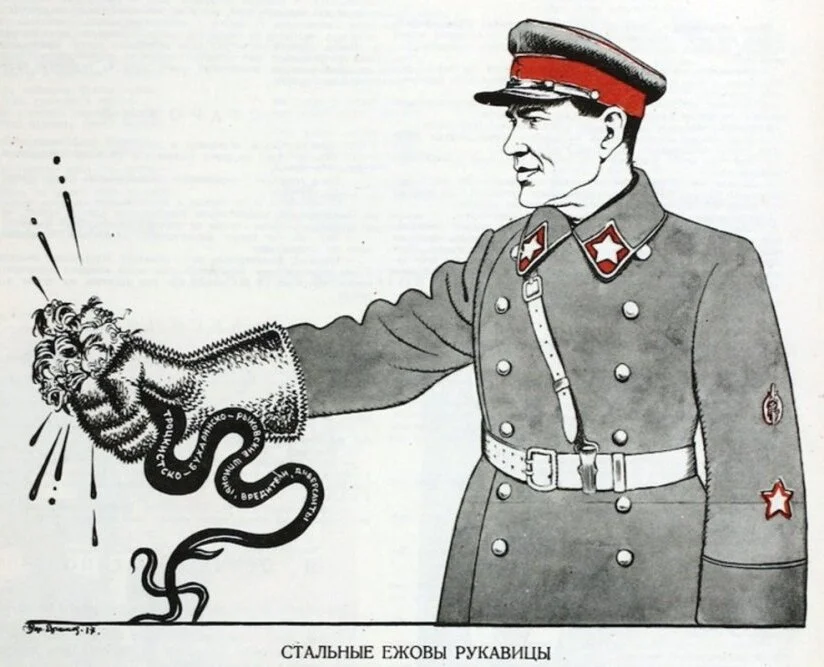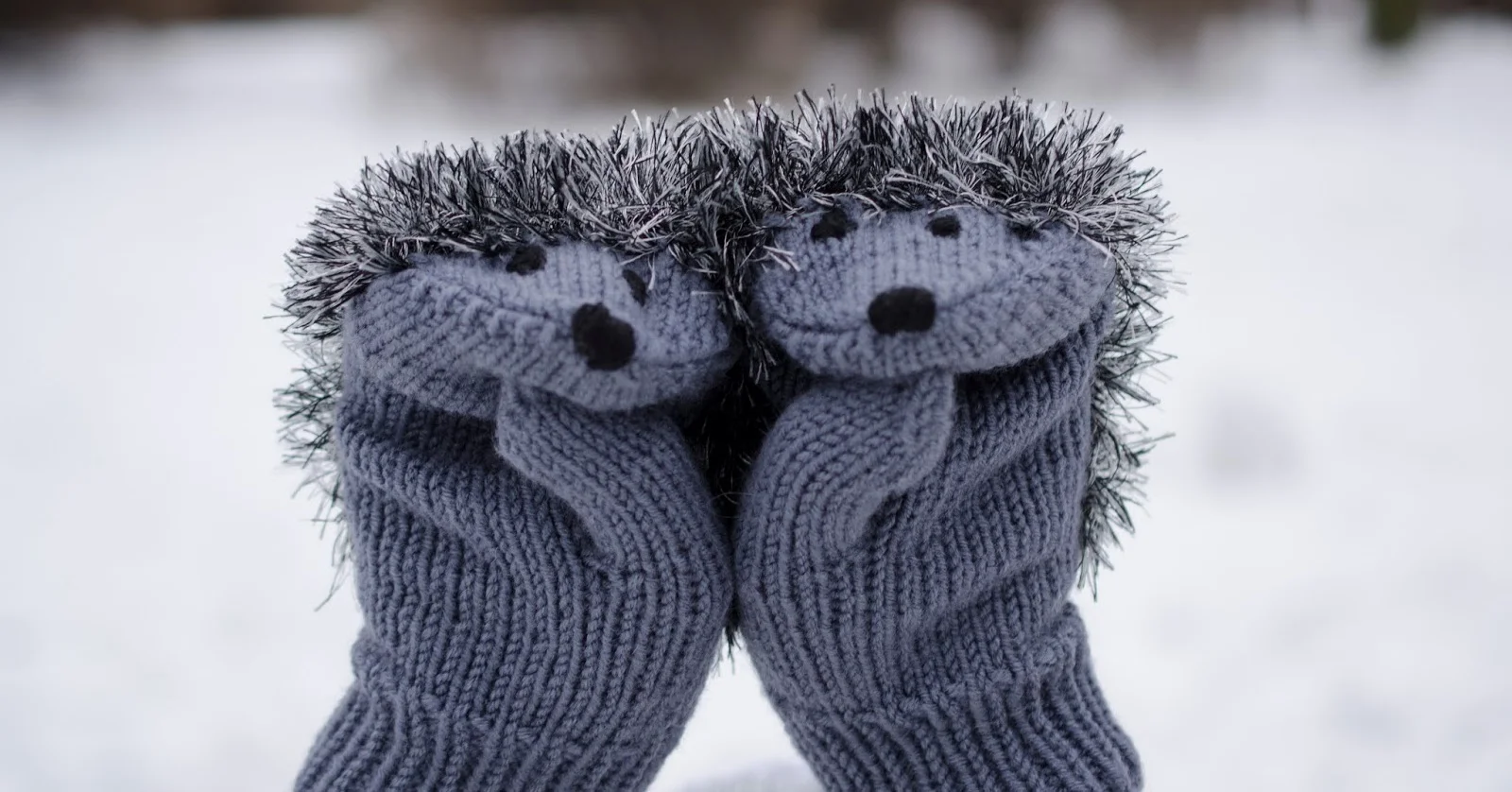There is a widespread belief that the description often given to tough leaders comes from the name of one of the organizers of the Great Terror. We have verified the accuracy of this version.
Nikolay Ezhov headed People's Commissariat of Internal Affairs in 1936–1938. At this time there was a peak of mass repressions, called the Yezhovshchina in Soviet historiography. In just three years was About 1.7 million people were arrested, more than 1.3 million of them were convicted, including approximately 700,000 executed. Yezhov himself on charges of espionage and organizing a conspiracy against Soviet power in 1939 arrested, and in 1940 - executed. Already in post-Soviet times, his heirs were denied rehabilitation of the head of the NKVD.
The connection between the most severe repressions under the leadership of Yezhov and the expression meaning strict control over someone or something is often talked about on social networks. For example, this origin of the phrase is reported enough popular VKontakte publics, users Facebook And Twitter. Sometimes the media also broadcast this version in more accurate formulations. So, "Express newspaper" asserts, that “the expression “hedgehog gloves” entered everyday language thanks to the name of Nikolai Yezhov.”
Nikolay Ezhov was born in 1895, his party and government activities occurred in the 1930s. At the same time, the expression “keep a tight rein” was recorded in texts at least a hundred years earlier, primarily in fiction. The most famous example is "The Captain's Daughter" written in 1836.
In Pushkin’s story, Grinev comes to visit his father’s friend, General Andrei Karlovich. Grinev gives him a letter in which his father asks comrade-in-arms “keep a tight rein” on his son and “not give him free rein.” Thus, back in the first half of the 19th century, the expression that interests us not only existed, but also had a meaning that was familiar to us. Apparently, it was quite popular - for example, it was used in their texts Turgenev, Gogol and other classics of the mid-19th century.
Phraseologists, however, trace the history of the expression “keep a tight rein” even deeper. So, in the 18th century existed A proverb with a similar meaning is “tackling a soft body with iron fists.” Vladimir Dal in the collection “Proverbs of the Russian People”, first published in 1862, leads a similar saying: “The hedgehog is a master at teaching.” Actually, hedgehog mittens, or golitsy, are the popular name for gloves without lining and fur, which were used to protect against damage during work. Catching a hedgehog in them, of course, was also not so difficult.
Probably, the etymology of the expression “keep a tight rein” associated with Yezhov appeared due to poster Boris Efimov “The Hedgehog’s Steel Gauntlets.” The People's Commissar depicted on them crushes snakes with his gloved hand, symbolizing “Trotskyist-Bukharin-Rykov spies, saboteurs, saboteurs.” Half a century after the publication of the poster, Efimov remembered the story of its creation: “It (surname Ezhov. - Ed.) went so well with the age-old Russian proverb “keep a tight rein” that several editors were simultaneously struck by the idea of a corresponding “friendly cartoon.”

Not true
- Gramota.ru. Phraseology Guide
- V. Dahl. Proverbs of the Russian people
- Is it true that Russian swearing appeared after the Tatar-Mongol invasion?
- Is it true that the name Svetlana was invented by the poet Vasily Zhukovsky?
If you find a spelling or grammatical error, please let us know by highlighting the error text and clicking Ctrl+Enter.







